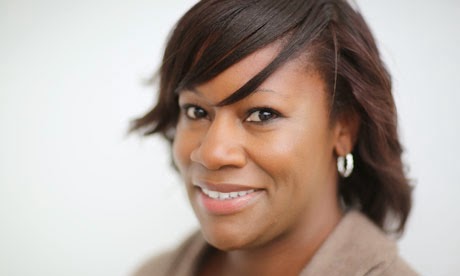Fertility Misconceptions: 40 Is The New 30
Fertility Misconceptions: 40 Is The New 30

Despite what we see in the media with numerous celebrity moms in their 40s (and even 50s), the overall risk for infertility—defined as more than one year of regular unprotected intercourse without conception—increases with age. The rate jumps from 6% between ages 20 and 24 to a whopping 64% between ages 40 to 44.
There are many social and economic forces that have contributed to why women are increasingly deferring childbearing until their mid-30s and beyond. These same forces have also led many women to believe that fertility typically lasts into their 40s. However, a woman’s reproductive physiology and biology has continued to remain unchanged.
So what about those celebrities in their late 40s or 50s having twins? Almost certainly these are donor-egg IVF (in-vitro fertilization) babies, where the embryo is produced from an egg donated by a younger woman, and is then implanted to grow in the uterus of the older woman. Donor-egg IVF is a wonderful family-building option for many couples, but people need to adjust to the emotional and psychological reality of not contributing their genetics to their baby.



